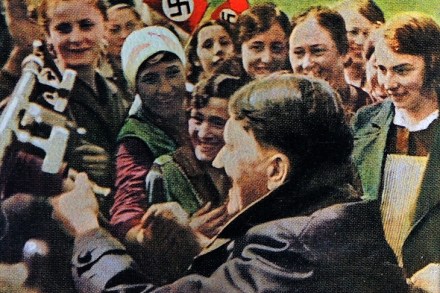Coming of age in Nazi Germany
More from BooksThe distinguished historian Konrad Jarausch’s new book is a German narrative, told through the stories of ordinary people who lived through his chosen period. Six dozen Germans — mostly from the generation born in the 1920s — testify through their memoirs to how it was to be Christian or Jewish, working-class or upper- middle-class, a






























